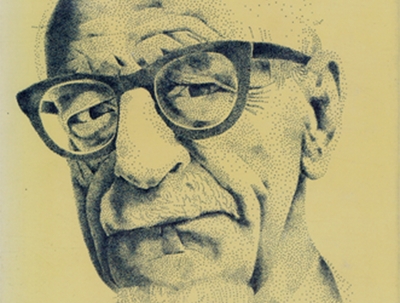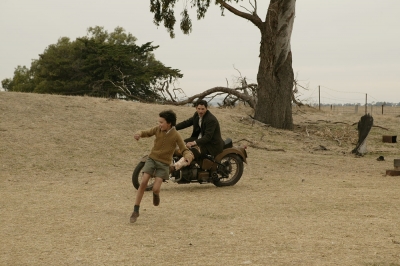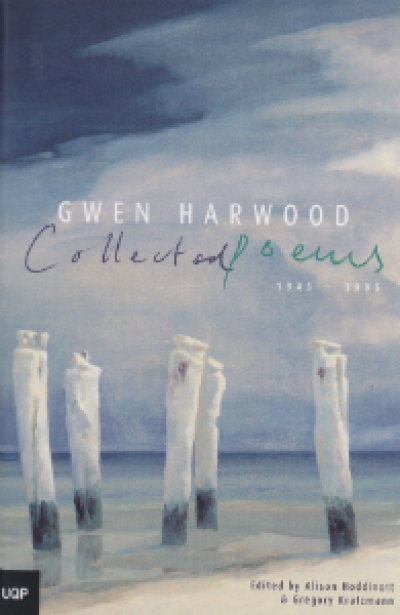On 14 November 2019, Behrouz Boochani arrived in New Zealand, to feature in the WORD Christchurch literary festival. In so doing, Boochani, the Kurdish-Iranian writer, detained – or, in his words, exiled – by the Australian government for six years, finally escaped his ‘Manus Prison’. The details of his resettlement remained unclear, but it didn’t matter; he simply wanted to be ‘free for a while’. Around the world, on broadcast and social media, thousands celebrated Boochani’s ‘long flight to freedom’. This followed his award-winning book No Friend But the Mountains (2018), an autobiographical novel typed on his mobile phone using WhatsApp, one passage at a time. Smuggled from Manus in thousands of PDF files, it was translated from Farsi into English by his Iranian-Australian collaborator, Dr Omid Tofighian. For Boochani and those concerned with the plight of asylum seekers and refugees, his escape offered a rare moment of exultation.





























